- Overview
- GI Track Disorders
- Sign & Symptoms
- Tests & Diagnosis
- Treatment
- View Full Guide
Guide to Appendicitis


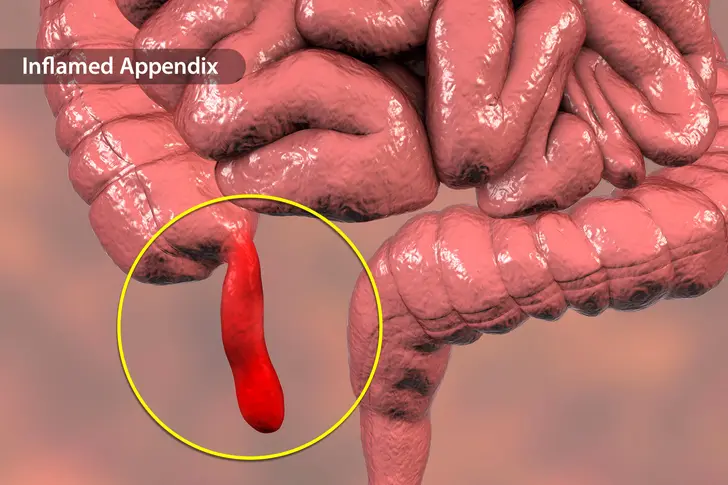
What Is Appendicitis?
Your appendix is a finger-shaped pouch attached to your colon. It's in the lower-right side of your belly. Experts aren't sure exactly what it does. But if it becomes infected and inflamed, you get a painful condition called appendicitis. Most people who get it need surgery to remove their appendix, and they recover completely. Appendicitis can be life-threatening, though, if you don't get it treated.

Why Is It So Dangerous?
Appendicitis can make your appendix burst, or "rupture." If that happens, the infection inside it could spill out and spread through your abdomen. It's a complication called peritonitis, and it can turn deadly if the infection gets into your bloodstream. Treatment can keep this from happening or stop it from getting worse.

Symptoms
You'll usually have serious stomach pain. It may start near your belly button and gradually move to the lower right. It might also get worse when you move around, breathe deeply, cough, or sneeze. You may also have signs like:
- No appetite
- Nausea and vomiting
- Fever
- Diarrhea or constipation
Call your doctor right away if you have these symptoms.

Who Gets It?
About 1 in 1,000 people in the U.S. get appendicitis. You can have it at any age, but it usually strikes when you're between 10 and 30. You may be more likely to get it if one of your relatives had it. And if you have a child with cystic fibrosis, their odds of getting appendicitis may also be higher.
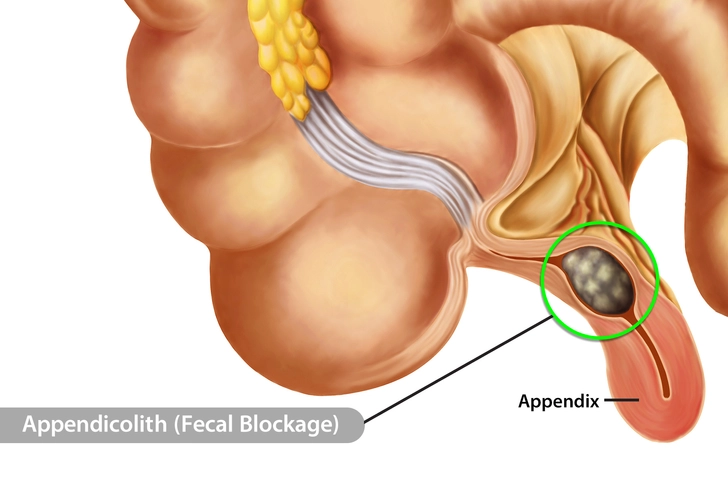
Causes
Appendicitis usually happens when something blocks your appendix, like feces, parasites, or growths. This lets bacteria that normally live inside your appendix grow out of control, making it infected and swollen. Other things that can bring on appendicitis include digestive tract infections and inflammatory bowel disease. A lot of the time, doctors can't pinpoint the cause.
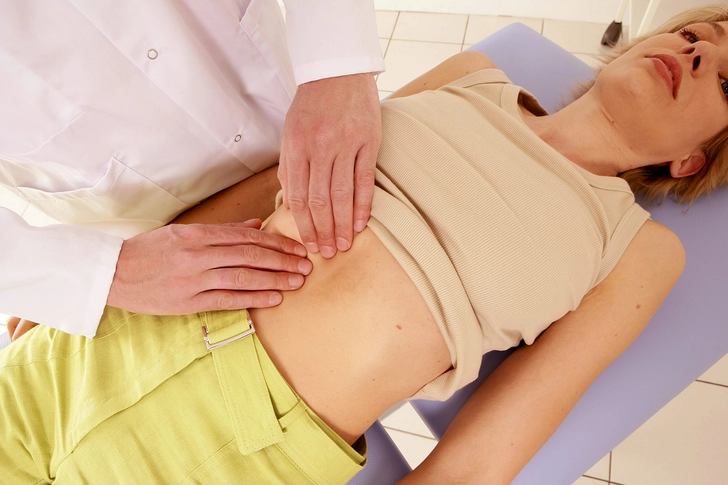
How It's Diagnosed
Your doctor may press gently on your belly and ask you about your pain. They may also give you blood and urine tests. You may need to get imaging tests, like an ultrasound, CT scan, or MRI, that make pictures of the inside of your abdomen. Exams like these help your doctor spot signs of appendicitis or rule out other conditions.

Will You Need Surgery?
Most people with appendicitis get an operation, especially if the appendix bursts. A surgeon removes the ruptured appendix and cleans out any infected fluids in your belly. If your appendix hasn't burst, your doctor may be able to treat it with antibiotics alone. But there's a chance your appendicitis could come back, so your doctor may still recommend surgery.
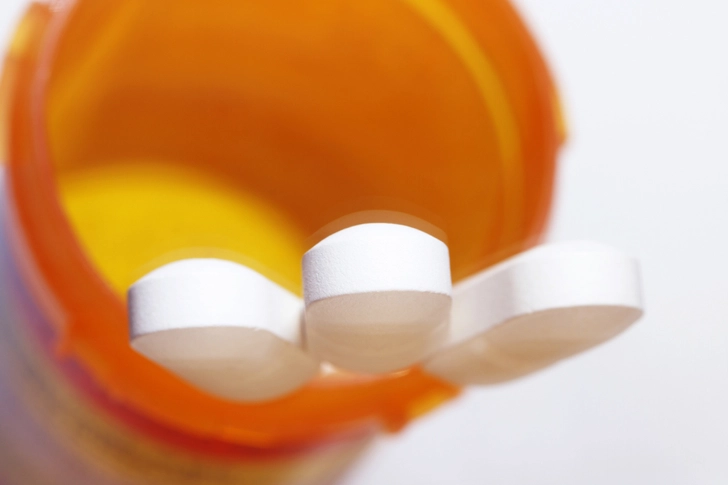
Before You Get Surgery
Your doctor may give you antibiotics to treat any infection. If the appendix has ruptured, some people need a procedure to treat a collection of pus called an abscess that can form inside the belly. Your doctor might drain it through a needle or tube that goes in your belly. After the abscess is drained and your infection is under control, which could take a few weeks, you'll get surgery to take out your appendix.
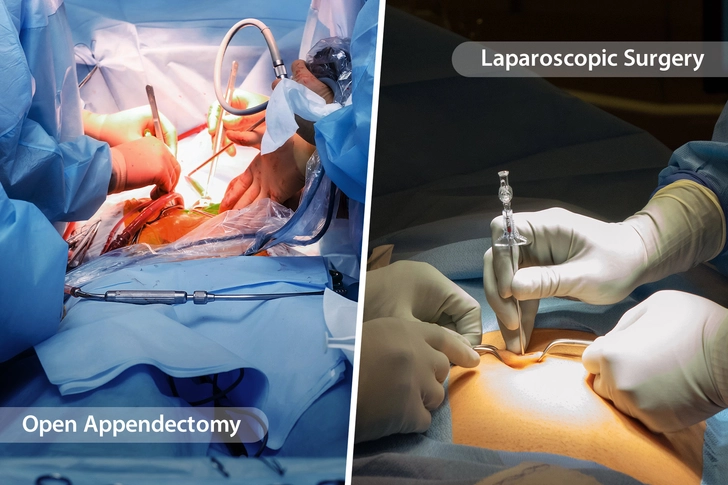
Surgery to Remove Your Appendix
It's called an appendectomy. You'll get medicine called anesthesia so that you're asleep and pain-free during the operation. There are two types of surgery. If you get an "open appendectomy," your surgeon makes one long cut in your belly and removes your appendix through it. In "laparoscopic surgery," the doctor makes several small cuts and puts in small tools that let them see inside your belly and take out your appendix.
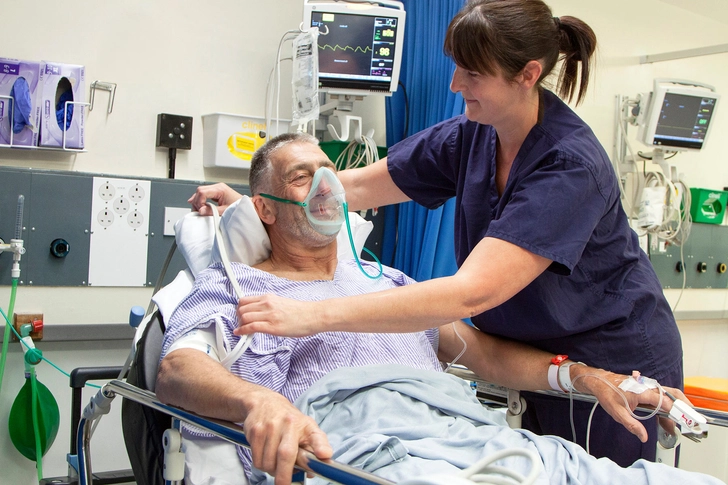
After Your Surgery
Your care team will move you to a recovery room, where they'll watch your heart rate, breathing, and blood pressure. Once these "vital signs" are stable and you're awake, they'll take you to your hospital room and give you medicine for pain. You might get out of bed and move around after a few hours if you had laparoscopic surgery, or the next day if you had open surgery. You may go home in 1 to 2 days, or longer if your appendix burst.

When You Get Home
If the hospital lets you go home shortly after surgery, you may have trouble thinking clearly for a day or two while the anesthesia wears off. Don't drive or drink alcohol until your doctor says it's OK. If your doctor gives you medicine for pain, take it exactly as prescribed. Also drink plenty of clear liquids to stay hydrated. As your appetite returns, eat bland foods like crackers, mashed potatoes, rice, and toast.

When to Call a Doctor After Surgery
Let your doctor know if you have any of these symptoms:
- Belly pain, swelling, or cramping
- Pain around the surgery wound that gets worse
- Fever, chills, or vomiting
- Surgery wound looks red, bleeds, or smells bad
- No appetite after 2 days
- No bowel movements or can't pass gas for 2 days
- Watery diarrhea for more than 3 days
- Constant cough, shortness of breath, or trouble breathing
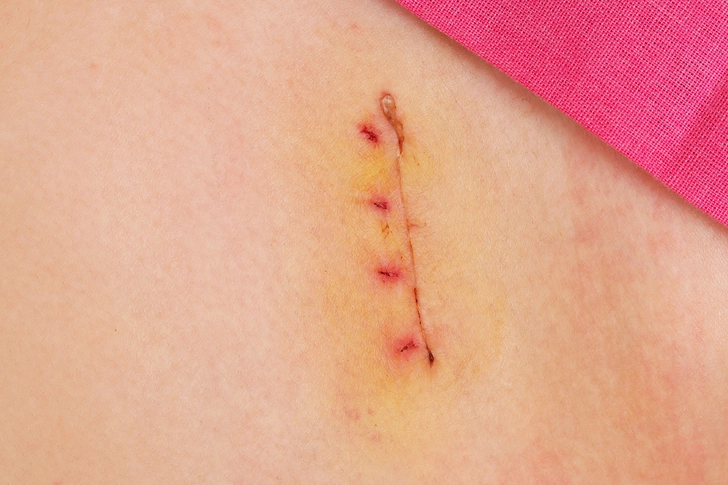
Tips to Care for Your Surgery Wound
Keep it clean and dry. Wash your hands before and after you touch the skin near it. Follow your doctor's instructions on how to bathe and when to change or remove your bandage. Don't wear clothes that are tight or made of rough material because they can irritate your wound. Keep the area covered from the sun to avoid a darker scar. Your wound may heal in about 4 to 6 weeks, and the scar may get softer and fade over the next 12 months.

What to Expect During Recovery
It's normal to feel more tired than usual at first, so get extra sleep if you need it. Follow your doctor's instructions on how to slowly get more active. You may need to wait up to 2 weeks before you can do anything strenuous. Ask your doctor if it's OK to go back to work as soon as you feel up to it.
IMAGES PROVIDED BY:
1) SCIENCE PHOTO LIBRARY / Science Source
2) magicmine / Getty Images
3) (Clockwise from top left) pakornkrit / Getty Images, EVAfotografie / Thinkstock, Ridofranz / Thinkstock, SasinParaksa / Getty Images
4) Doug McKinlay / Getty Images
5) Stocktrek Images / Science Source
6) BSIP / Science Source
7) Jose Luis Pelaez Inc / Getty Images
8) Turtle Rock Scientific / Science Source
9) (Left to right) Okrasyuk / Getty Images, BARRY SLAVEN / Science Source
10) SCIENCE PHOTO LIBRARY / Science Source
11) NanoStockk / Getty Images
12) Chainarong Prasertthai / Getty Images
13) simazoran / Getty Images
14) Aja Koska / Getty Images
SOURCES:
American College of Surgeons: "Appendectomy: Surgical Removal of the Appendix."
Medline Plus: "Appendicitis Tests," "Appendicitis."
Harvard: "Appendicitis."
Up to Date: "Patient education: Appendicitis in adults (The Basics)," "Patient education: Appendicitis in children (The Basics)."
National Digestive Diseases Information Clearinghouse: "Appendicitis."
National Institute of Diabetes and Digestive and Kidney Diseases: "Treatment for Appendicitis," "Definition & Facts for Appendicitis," "Symptoms & Causes of Appendicitis," "Diagnosis of Appendicitis."
American Pediatric Surgical Association: "Ruptured Appendicitis."
University of Rochester Medical Center: "Appendicitis in Children."
Children's National: "Pediatric Appendicitis."
Boston Children's Hospital: "Appendicitis."
Stanford Children's Health: "Appendicitis."
Johns Hopkins Medicine: "Appendectomy."
Mayo Clinic: "Appendicitis."
Columbia Surgery: "Appendicitis & Appendectomy."
Saint Luke's: "After Laparoscopic Appendectomy (Appendix Removal)."
Kids Health: "What Is an Appendectomy?"